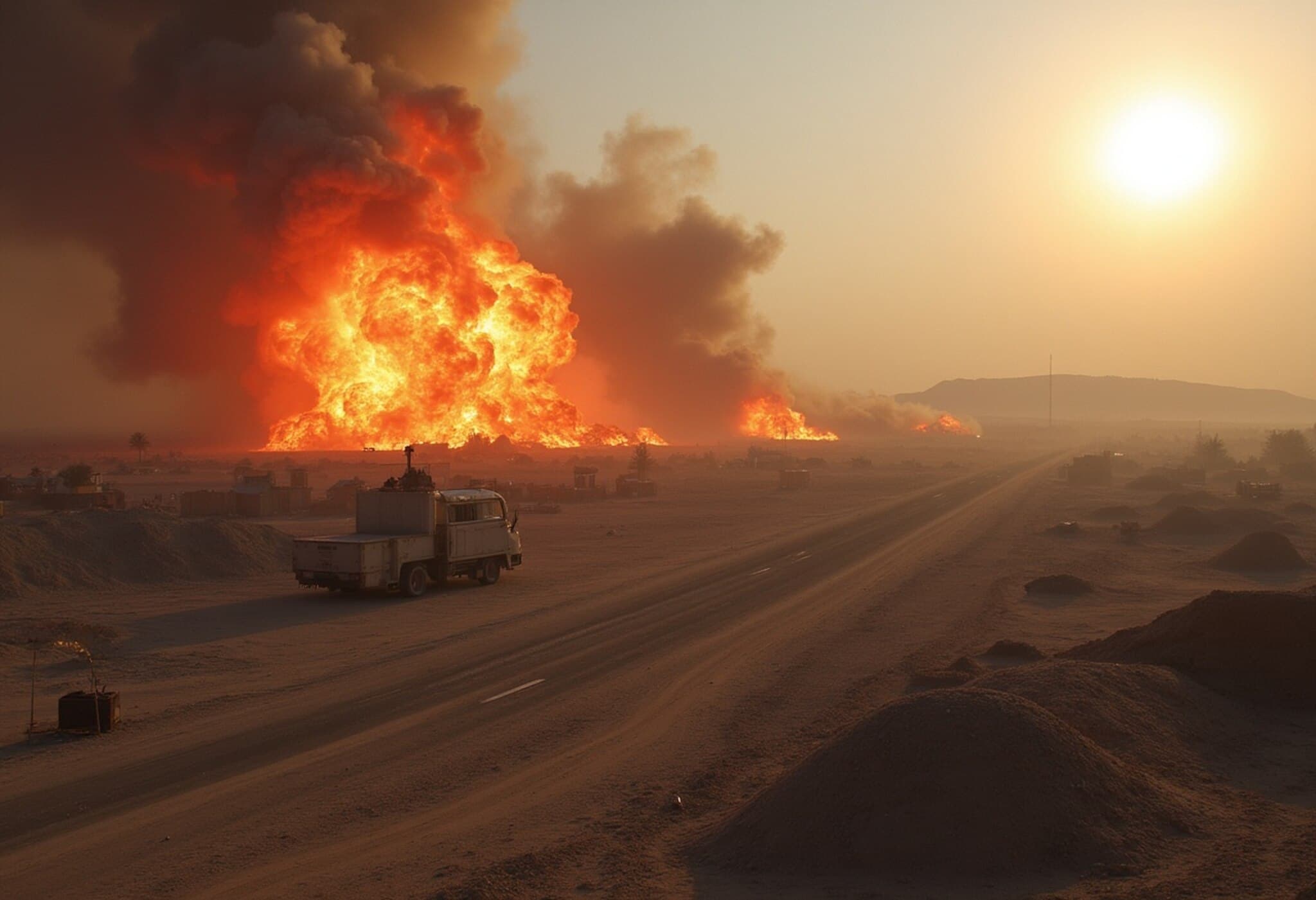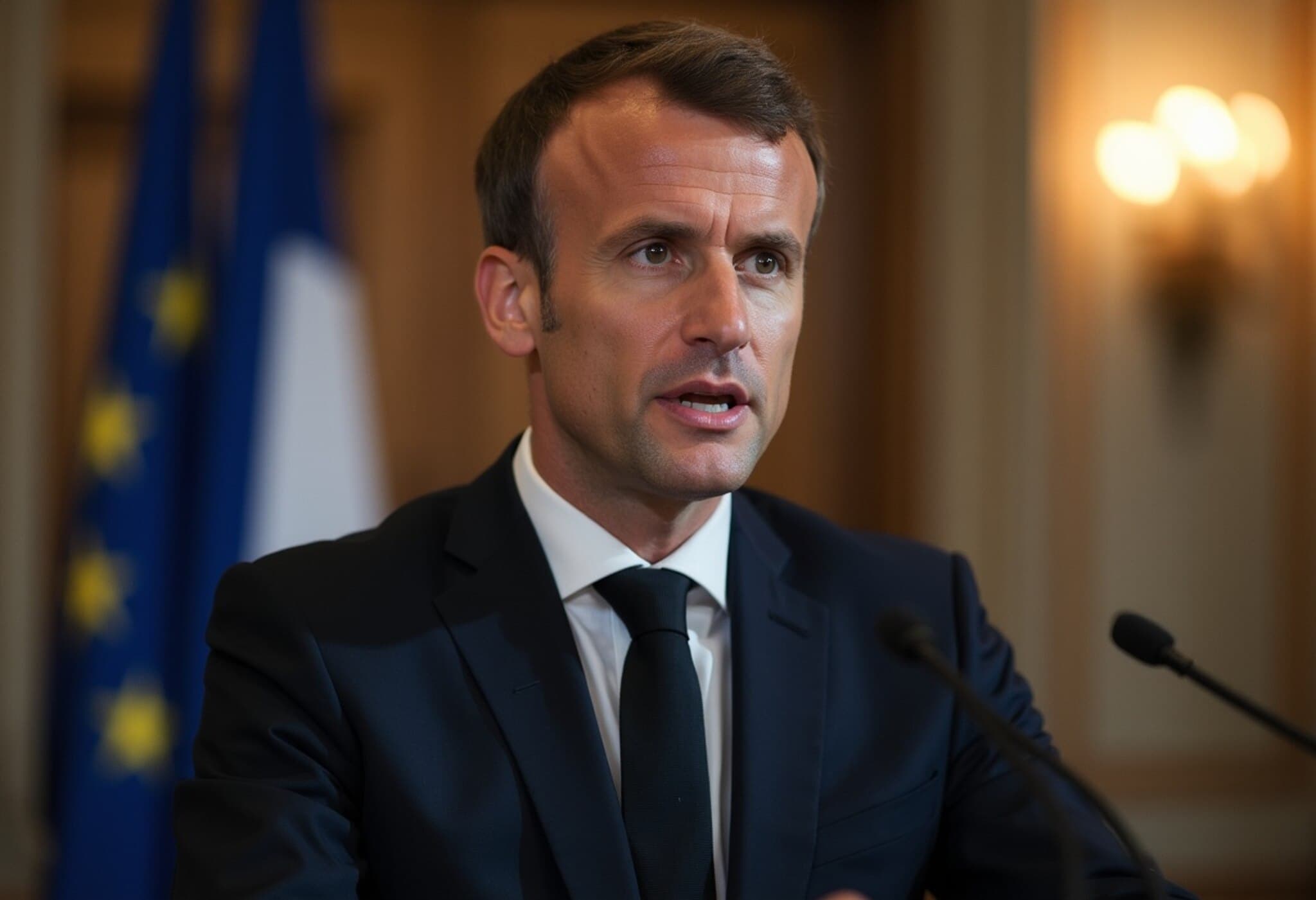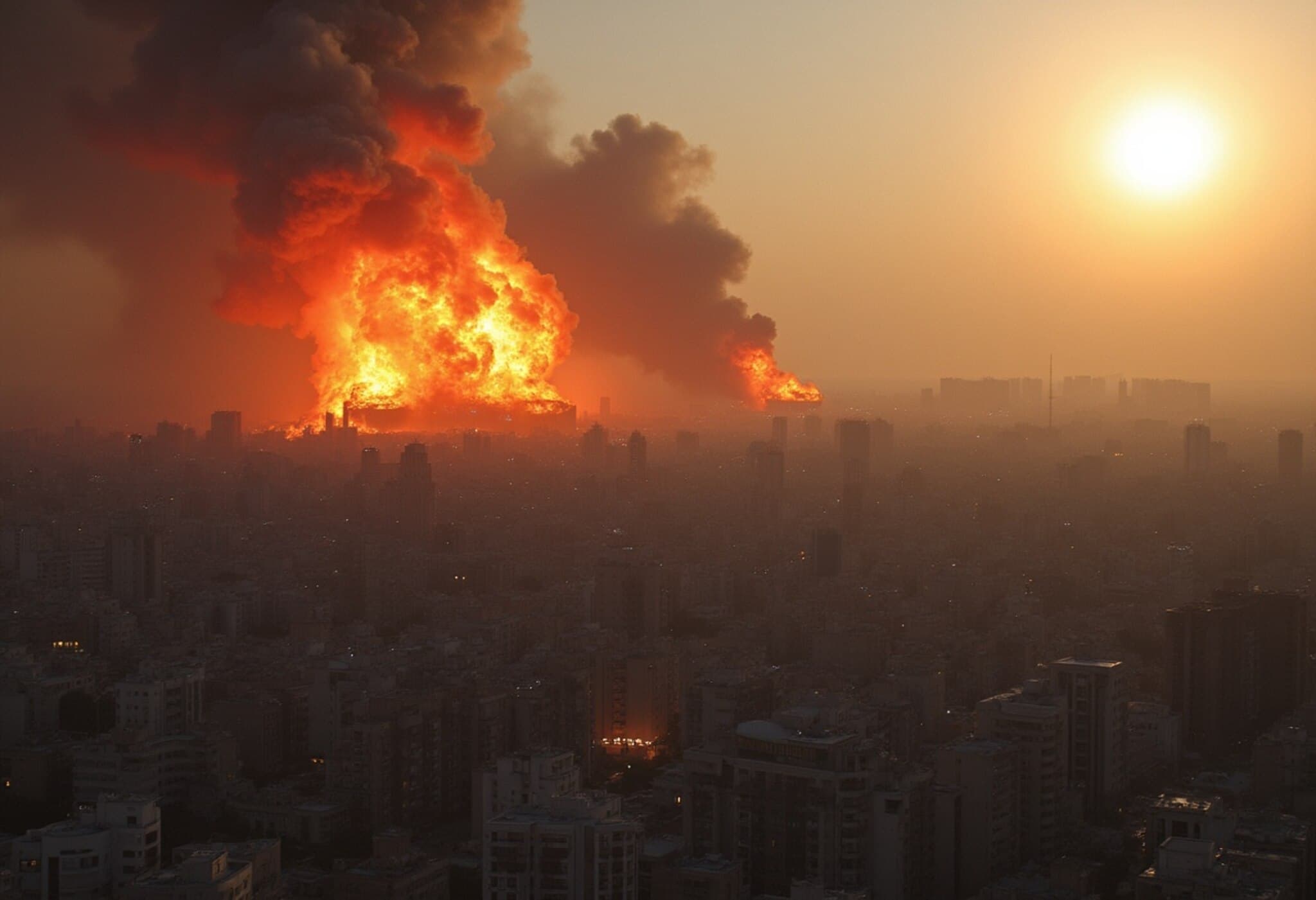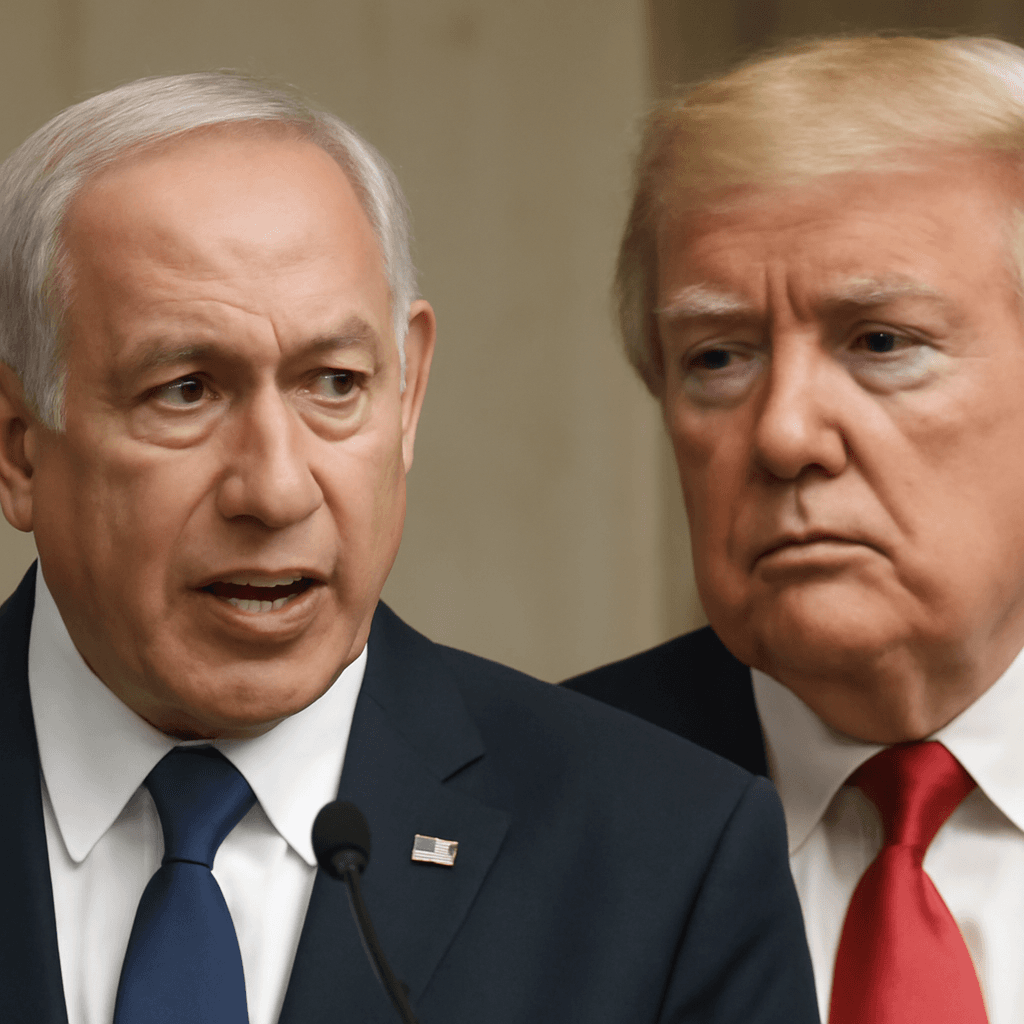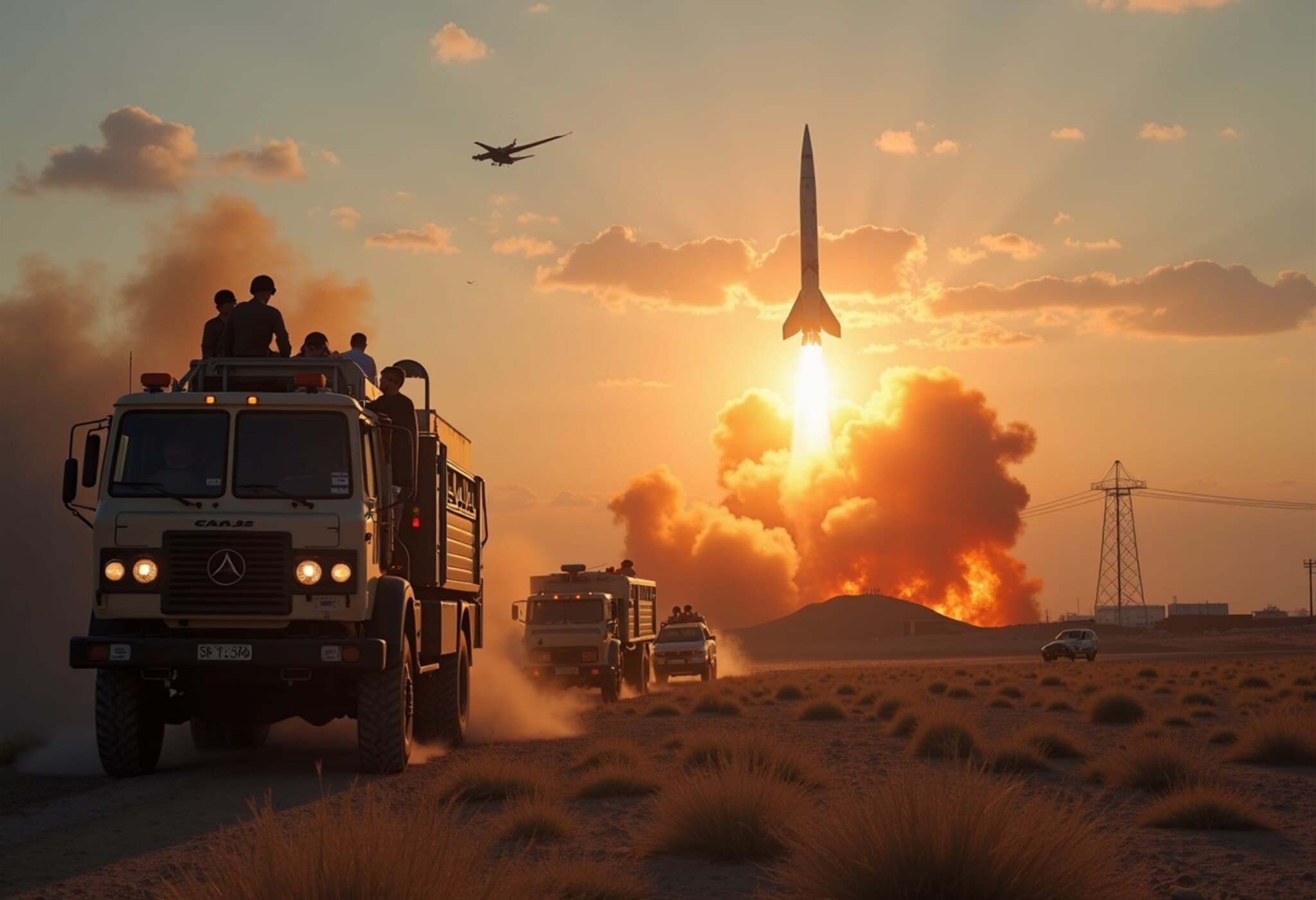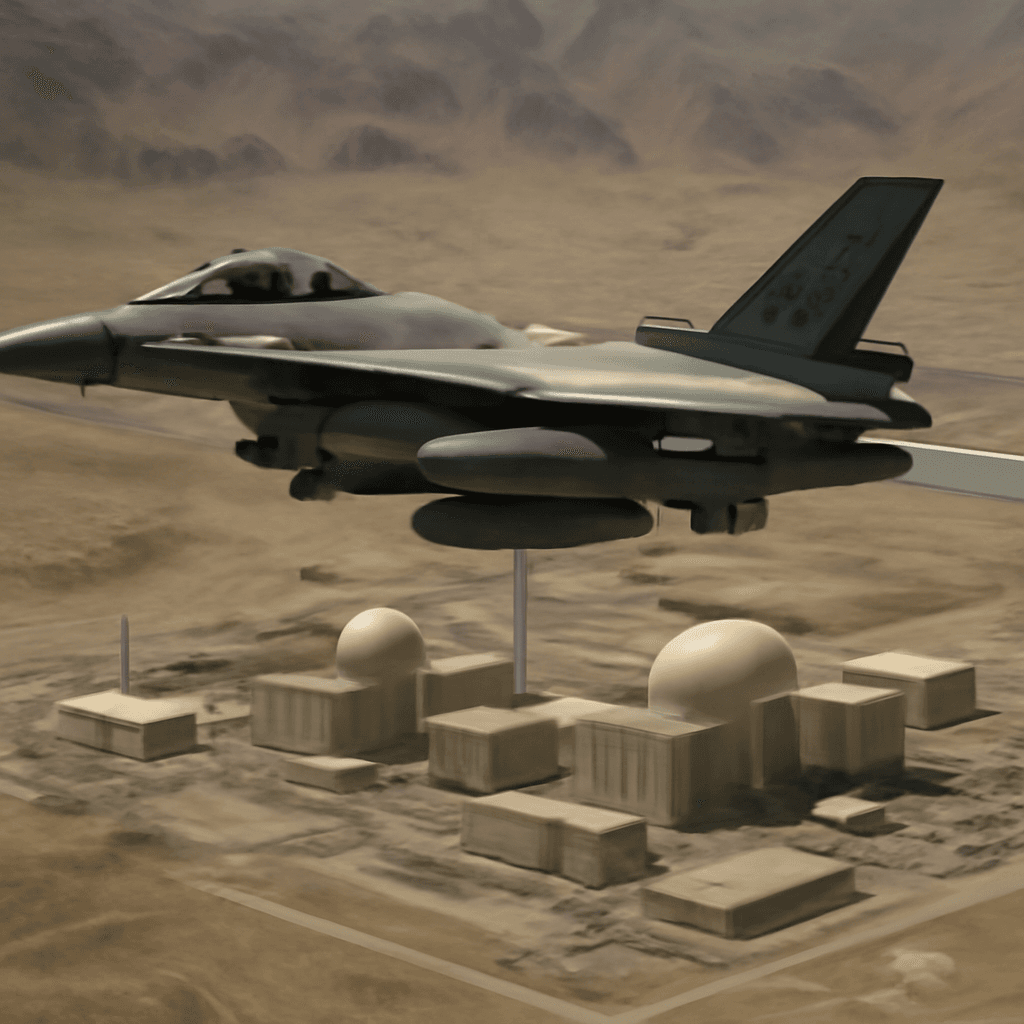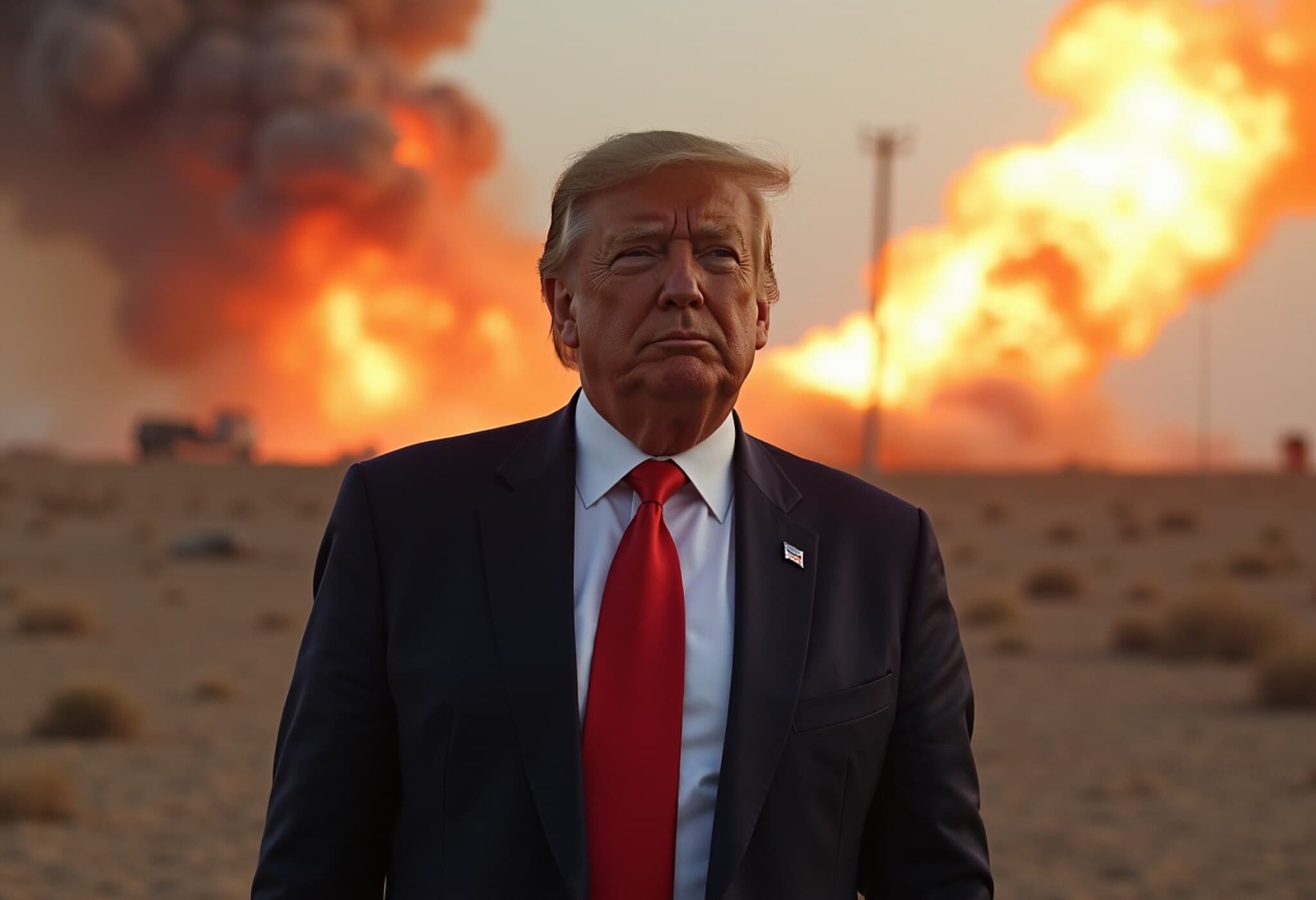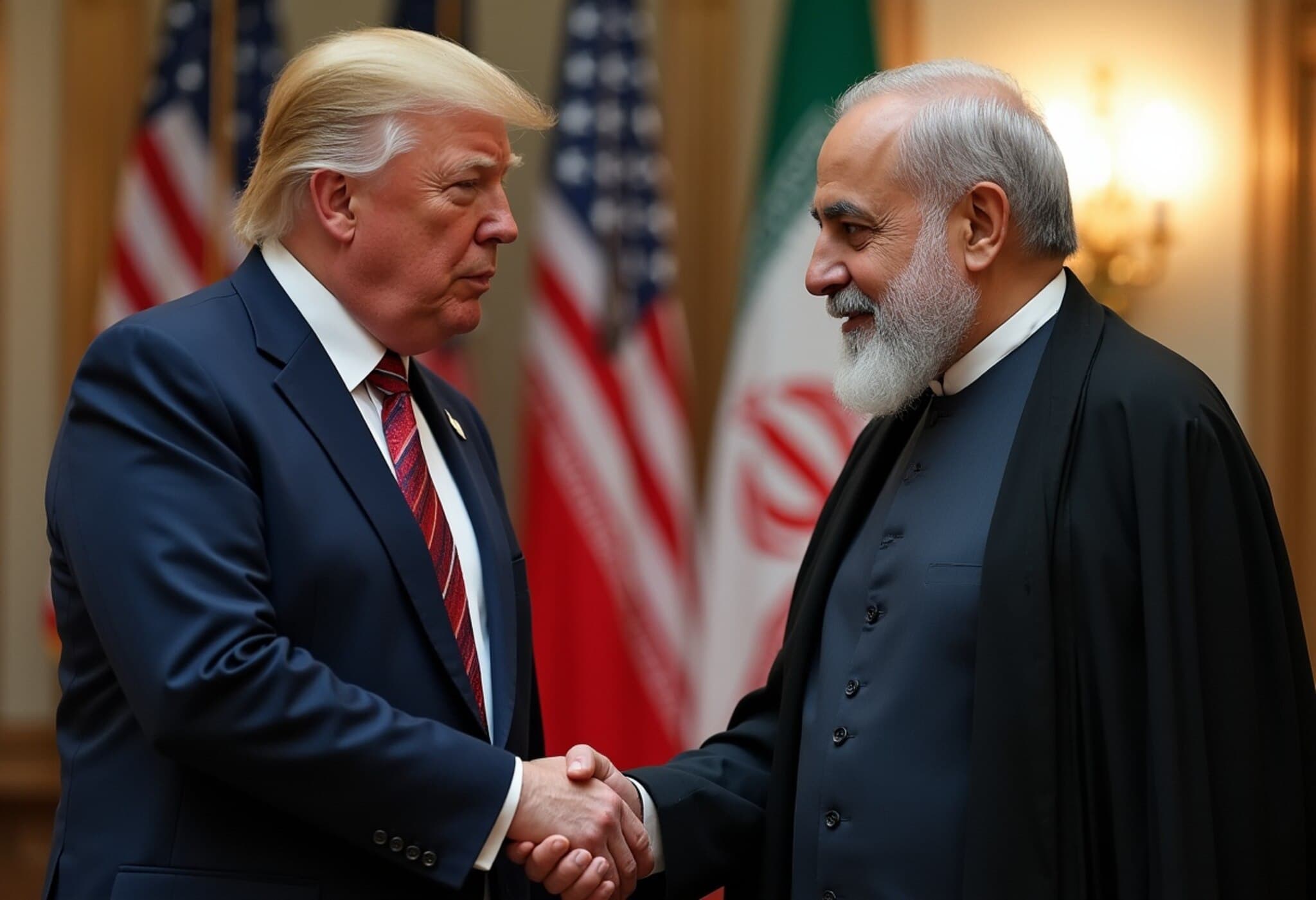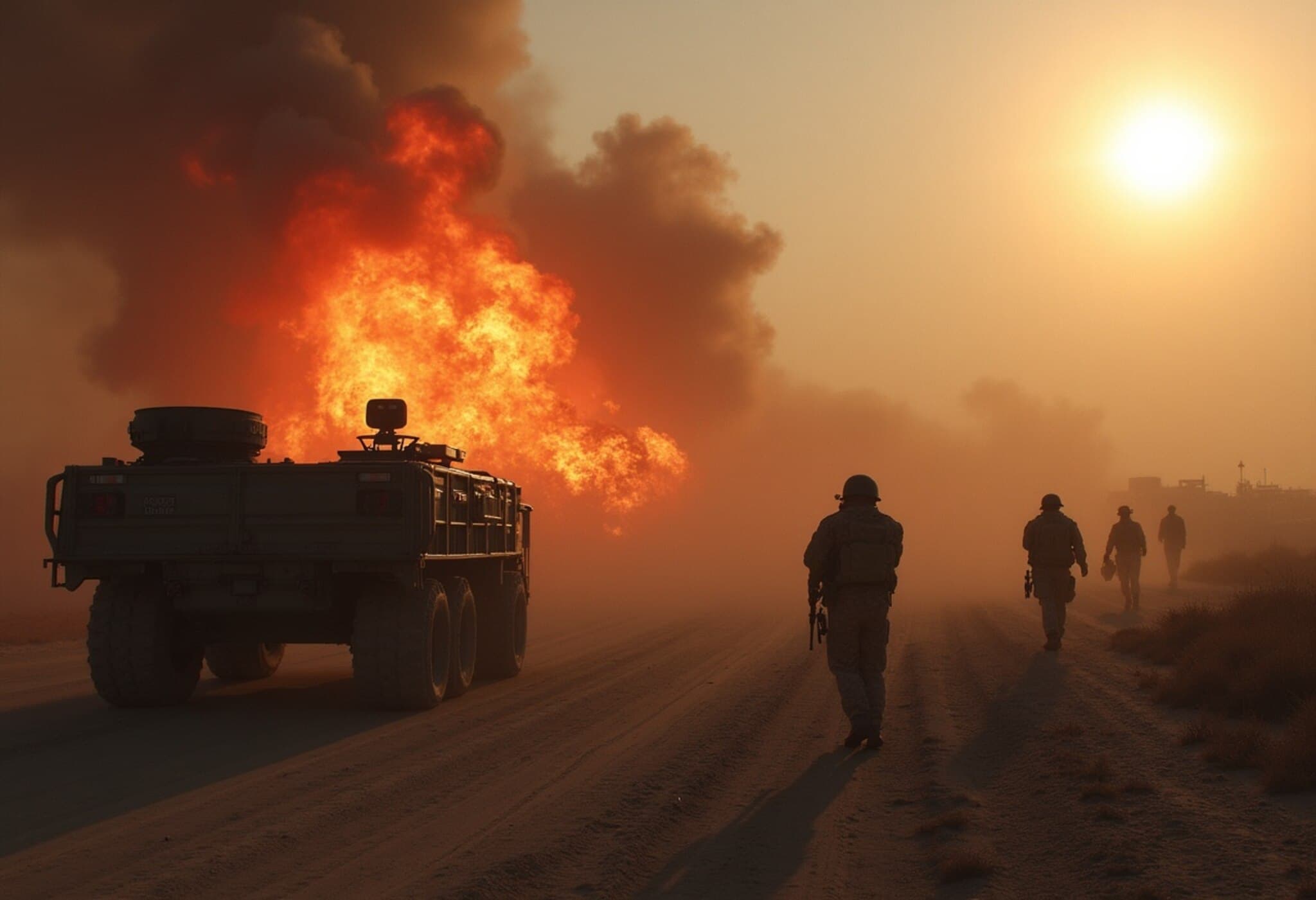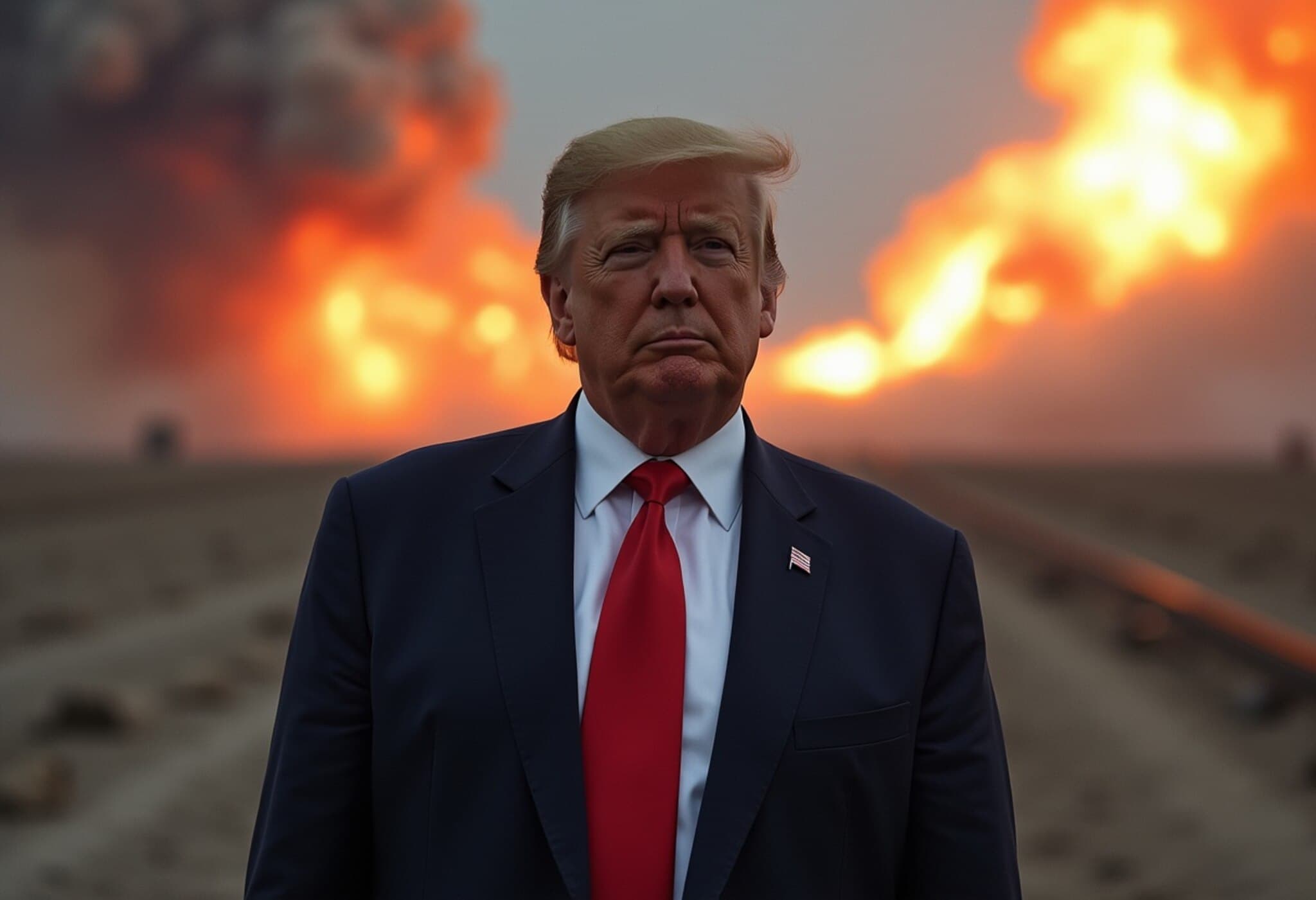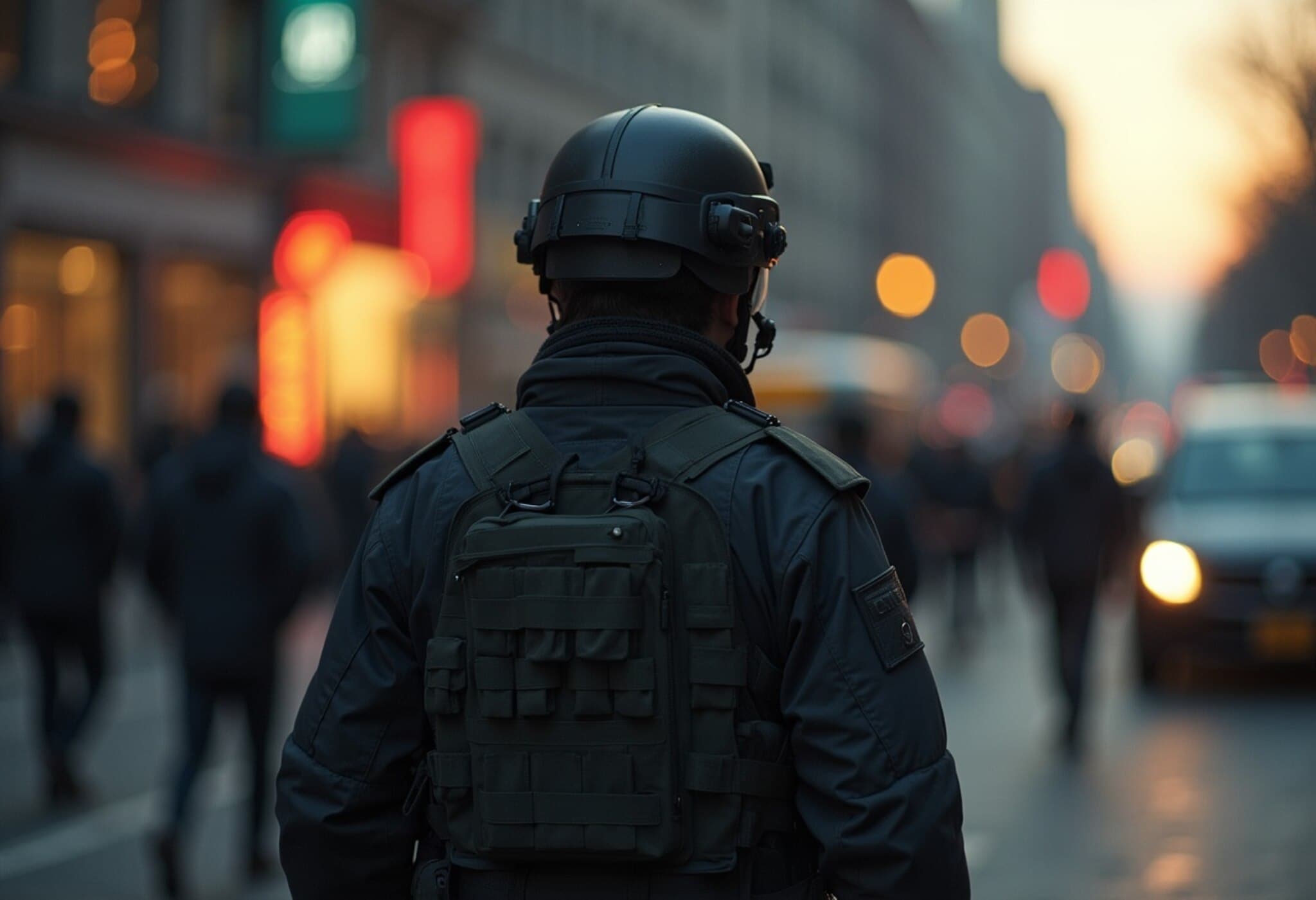Israel Conducts New Airstrike on Iran’s Fordo Nuclear Facility
In a significant escalation of the ongoing Middle East conflict, Iran’s underground nuclear enrichment site at Fordo was reportedly hit once again on Monday. This attack followed an intense US strike on the same facility the previous day, where heavy bunker-buster bombs were deployed.
Israeli Military Confirms Targeted Strikes to Block Access
The Israeli Defense Forces (IDF) openly confirmed their involvement in Monday’s raids, stating their objective was to obstruct access routes leading to the sensitive Fordo enrichment site. According to the IDF, these strikes were designed to restrict movement around the facility, effectively limiting Iran's ability to operate at full capacity.
Earlier, the US president declared that Sunday’s airstrike had “totally obliterated” the Fordo nuclear site, marking a severe blow to Iran’s nuclear ambitions.
IAEA Anticipates Major Damage to Nuclear Infrastructure
Rafael Grossi, director of the International Atomic Energy Agency (IAEA), highlighted the devastating impact of the Sunday bombings. Citing the massive explosive power used and the extreme sensitivity of uranium-enrichment centrifuges to shock and vibrations, he suggested that the facility likely sustained "very significant damage." The agency has yet to conduct a comprehensive assessment of the underground portion’s condition.
Diplomatic and Military Repercussions Intensify
US Calls Strike a One-Time Measure, Iran Vows Fierce Retaliation
While the US characterized its attacks on Fordo, Natanz, and Isfahan nuclear sites as a singular operation intended to impair Iran’s nuclear infrastructure, warnings followed about possible further strikes should Iran respond aggressively. Iran condemned the incursion as a flagrant breach of its sovereignty and equated it to an invasion, signaling an uncompromising stance.
Iran Launches Operation ‘True Promise 3’ Against Israel
In the wake of the airstrikes, Iran launched a counteroffensive targeting key Israeli cities including Haifa, Tel Aviv, and Jerusalem. Missiles and drones were deployed in this reprisal, with explosions rattling the region. Israel promptly activated its air defense networks and advised civilians in northern and central areas to seek shelter as precautions intensified.
Iranian Military Warns US of Expanding Regional Conflict
Iran’s top military official, General Abdolrahim Mousavi, asserted that the recent US actions granted Iran a “free hand” to respond against American forces and interests scattered throughout the Middle East. The region hosts tens of thousands of US troops, many within striking distance of Iran’s missile arsenal.
Calls for Diplomatic Solutions as Tensions Escalate
Global leaders have urged de-escalation amidst mounting fears of wider confrontations. The European Union’s foreign policy chief stressed the urgent need to revive diplomacy, expressing concern over Iran’s potential threat to close off the Strait of Hormuz — a vital artery for global oil shipments, describing such a move as "extremely dangerous." The EU emphasized that Iran must be prepared to engage in direct talks with the US to defuse the crisis.
Conflict Rooted in Collapse of 2015 Nuclear Deal
The current turmoil comes against the backdrop of unraveling diplomatic agreements. Since the US withdrawal from the 2015 nuclear deal, Iran has intensified uranium enrichment to levels as high as 60% purity and restricted international inspection access. Meanwhile, diplomatic engagements continue, with Iran’s Foreign Minister recently meeting with Russia’s president, underscoring Moscow’s continued support.

